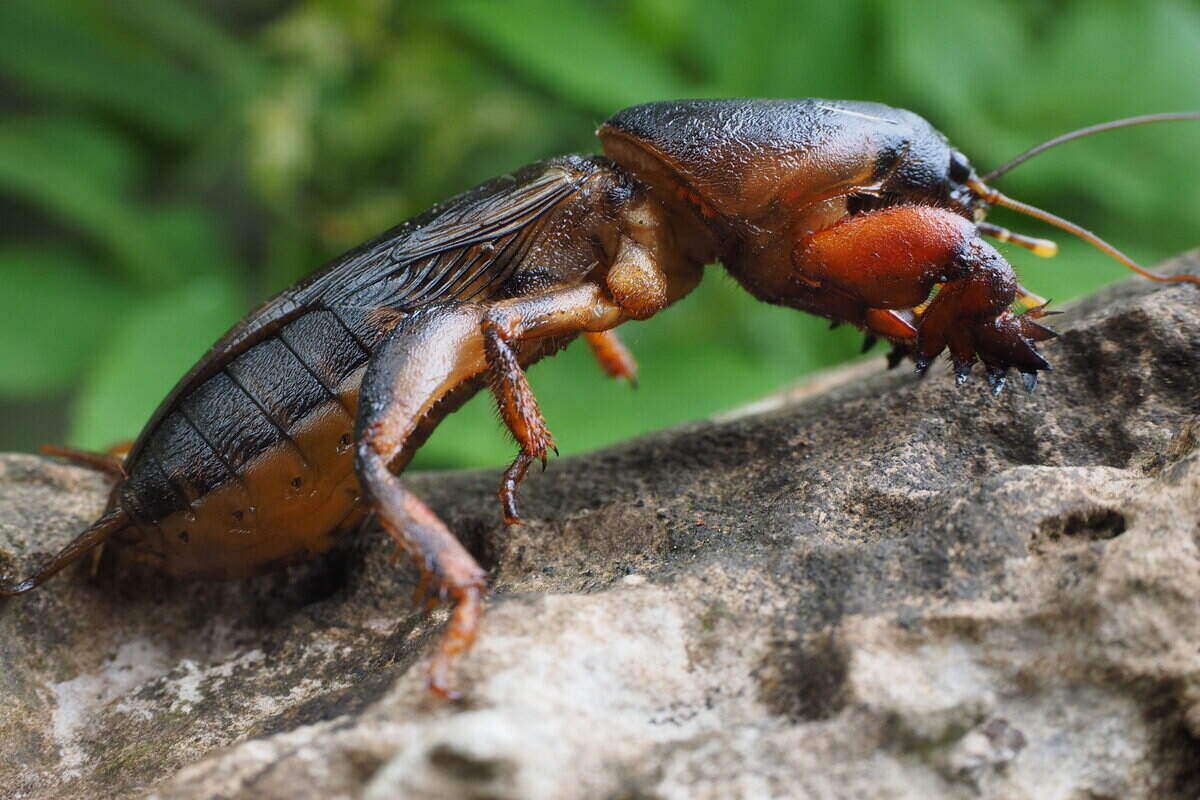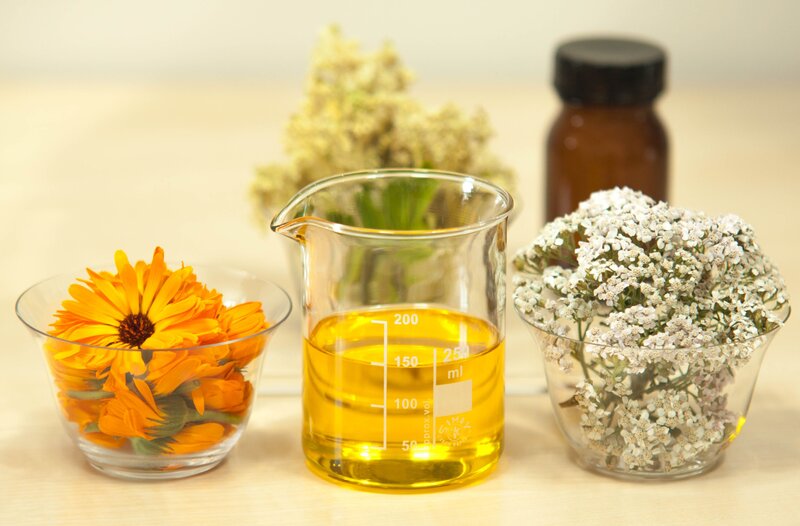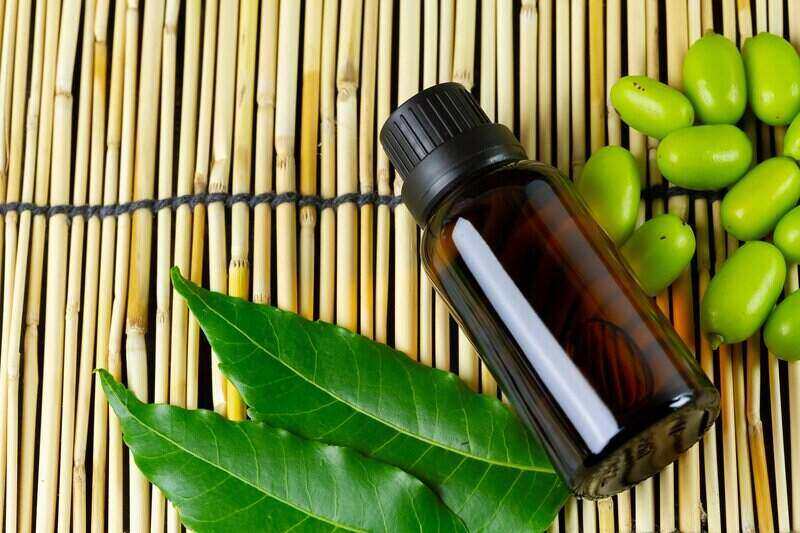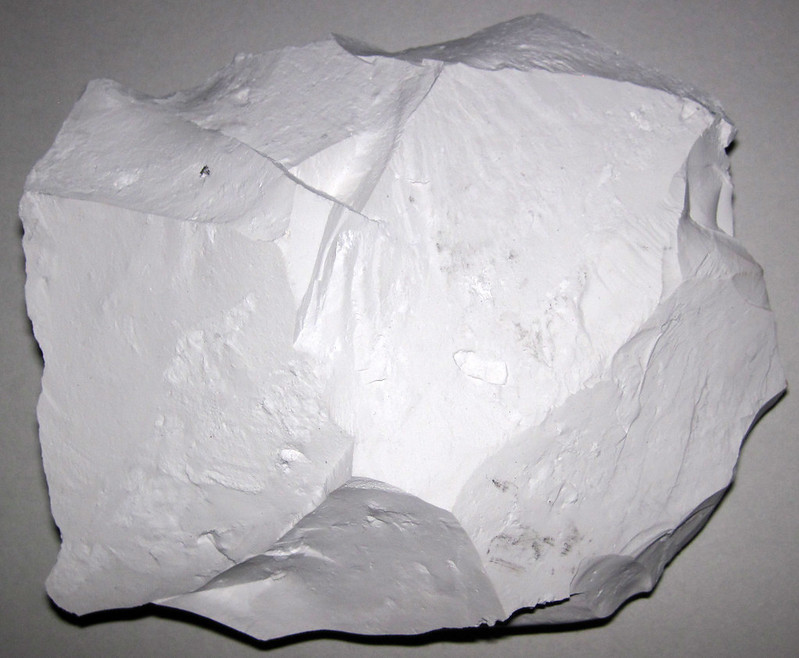
Is your Jacksonville lawn infested with pests? While conventional synthetic insecticides are available on the market, you may want to consider pest control alternatives that are less taxing on Mother Nature. They tend to be safer for your family, pets, beneficial insects, plants, and the St. Johns River. Here are a few eco-friendly pest control options for Jacksonville homeowners:
- Plant Oils
- Horticultural Oil
- Pyrethrins
- Insecticidal Soap
- Kaolin Clay
- Biopesticides
- Natural Predators
Many of these options are non-toxic (or have very low toxicity), short-lived, and fast-acting. However, they’re not perfect. While generally safe, they can harm plants and some animals when not used properly. They can also be more expensive and harder to find than conventional pesticides, especially those approved by the Organic Materials Review Institute.
When it comes to pest control, an ounce of prevention is better than a pound of cure. Dr. Chris Kerr, a former Duval County Extension agent with the University of Florida Institute of Food and Agricultural Sciences, said it best: “The healthier the lawn is, the less damage pests are going to do.”
He also says that pesticides are often unnecessary for the worst landscape pests in Jacksonville if your lawn is properly managed.
Plant Oils

Oil is a great eco-friendly pest control alternative against soft-bodied insects. Many oils work by blocking off the insects’ breathing. They breathe through holes on the outside of their bodies, so the oil makes them suffocate and die. The oils can also affect insect metabolism, feeding habits, and even eggs. Here are a few plant oil products that you can use in your garden:
Citrus Oil
This product is extracted from citrus fruit peels, like orange peels. Citrus oil can then be refined into d-limonene and linalool – contact poisons that mess with insect nervous systems. These products can kill aphids, fleas, mites, fire ants, flies, paper wasps, and house crickets.
While citrus oil and citrus oil-derived products evaporate quickly, you should be careful when using them. They can cause mild – but thankfully temporary – skin and eye irritation and cause some leaf burn on new or sensitive plants.
Neem Oil

Extracted from the seeds of the neem tree, this oil contains several insecticidal and fungicidal chemicals. It works well against soft-bodied pests like aphids, whiteflies, spider mites, mealybugs, and scale nymphs. It also prevents leaf diseases like powdery mildew and rust. Neem oil isn’t difficult to find, as it’s commonly sold in garden centers.
It can also be refined, producing concentrated azadirachtin. This product handles a variety of insects through many avenues. It deters insects from eating and laying eggs, repels pests, and regulates insect growth. It works especially well when used on young insects, as it prevents them from molting; the insects die after a few days because they can’t grow up.
There are many neem products on the market, and it’s worth trying different ones if the one you choose doesn’t work out. They vary in effectiveness, but there’s little harm, as they’re generally not toxic. However, always read the label and make sure to use products that are labeled for horticultural use; cosmetic and medicinal neem oil products won’t work well.
Shop here
Other Plant Oils
Some other oils that can be used on plants are extracted from sesame, garlic, canola, soybean, thyme, rosemary, peppermint, cinnamon, and cloves. Sometimes called essential oils, they can be used alone or with other plant oils, plant extracts, or even fish oil.
These other oils can be more helpful against larger pests, as they hurt them beyond smothering them; they are toxic against these pests.
Shop here:
Horticultural Oil
Horticultural oil goes by many names: hort oil, spray oil, summer oil, and dormant oil. It’s a lightweight refined oil – often refined from petroleum – that’s mixed with water to form a spray. It must fully coat an insect to work.
Applied to leaves and bark, hort oil helps homeowners infested with piercing-sucking insects and mites. While it works best against soft-bodied insects like aphids, whitefly nymphs, mealybug nymphs, and scale insect nymphs, horticultural oil also works on hard-bodied adult insects.
Because of how it works, hort oil should be used on the underside of leaves, as that’s where many pests tend to hide. Dormant plants can handle mixtures with higher concentrations of horticultural oil, while such concentrations can cause leaf burn on active plants. Don’t use hort oil when it’s hotter than 90 degrees outside, and definitely don’t use it on waxy succulents.
Shop here:
Pyrethrins
Pyrethrin is a plant extract from the Chrysanthemum cinerariaefolium, a daisy-like flower that’s commercially grown in Kenya. The flower can also be ground into a powder called pyrethrum. Pyrethrins are available in powder, spray, and aerosol bomb forms.
Garden pests will get paralyzed when they come into contact with this natural pest control alternative, as pyrethrins attack their nervous systems. While pyrethrin products aren’t very toxic, they can still cause some allergic skin reactions in people and poison cats. Before using pyrethrins, you should check the surrounding area for water sources, as it can harm fish too.
Shop here:
Insecticidal Soap
Insecticidal soaps are useful against soft-bodied pests like aphids, soft scales, psyllids, whiteflies, mealybugs, thrips, and spider mites. Although they’re effective, it’s still a little unclear how they manage to kill pests. It’s speculated that they work similarly to horticultural oils, making pests dehydrated while also suffocating them.
These are made by combining potassium hydroxide with salts of fatty acids like lard, fish oil, coconut, and olive oil. They combine to make a soap with potassium salts of fatty acids.
Shop here:
Kaolin Clay

Kaolin clay is a mix of water and finely processed aluminum silicate, a naturally occurring mineral. When sprayed on plants and dried, it becomes a film that repels insects, discourages them from eating and laying eggs, and makes plants difficult for pests to recognize. It also helps prevent your plants from getting scorched by the sun.
However, kaolin clay has its downsides as well. If you use it too much, you might repel and harm beneficial insects. Kaolin clay must also completely cover the plant to work, and you have to reapply it when it gets washed away by heavy rain. Lastly, the film it leaves is powder, white, and very visible, which could be aesthetically displeasing.
Shop here:
Biopesticides
Microbes, fungi, and nematodes can also be used to curb lawn pests. Biopesticides like these can either be broad-spectrum – attacking multiple pests – or engineered to target specific ones. They won’t damage your plants and are generally non-toxic. Here are a few biopesticides:
- Bacillus thuringiensis (Bt)
- Spinosad
- Other Bacterial Insecticides
- Fungi
- Nematodes
Bacillus thuringiensis (Bt)
This is a bacteria species commonly found in soil, freshwater, and on plants. Commonly called Bt, this microbial insecticide is one of the most common and most popular among homeowners because of how effective it is, especially for its price. It poses little risk to beneficial insects, like bees.
Different Bt subspecies target specific pests, but they all work the same. When ingested, Bt proteins cause the insect to stop eating, which eventually leads to its death. Here are a few Bt subspecies on the market and the pests they eradicate:
- Bacillus thuringiensis ssp. kurstaki (Bt-k): caterpillars (fall webworm, cabbage looper, bagworm, tomato/tobacco hornworm, Io moth, and oleander caterpillars)
- Bacillus thuringiensis ssp. Israelensis (Bti): fly larvae (black flies, fungus gnats, also good for mosquito control)
- B. thuringiensis ssp. san diego: beetles
- B. thuringiensis ssp. tenebrionis: beetles
- B. thuringiensis ssp. galleriae: beetles, Sri Lanka weevils
Shop here:
Spinosad
Spinosad is another microbial pesticide derived from bacteria; this time, it’s from Saccharopolyspora spinosa. It has a similar effect to Bt, causing insects to stop feeding and die within two days. However, it attacks the nervous system even without being eaten. The insects just have to come into contact with it.
Spinosad is a broad-spectrum pesticide targeting caterpillars, leafminers, flies, thrips, beetles, and spider mites. However, it’s highly toxic to bees when wet. So, apply it in the early morning, late evening, or at night so that it has time to dry before pollinator insects become active.
Shop here:
Other Bacterial Insecticides
Although Bt and spinosad are quite popular, there are other bacterial insecticides available to Florida homeowners. Some of them are Chromobacterium subtsugae and the Burkholderia group of bacteria.
Chromobacterium subtsugae attacks many insects and mites, including leaf-eating beetles, while minimizing damage to beneficial insects. It works by poisoning their stomachs and deterring eating and reproduction. C. subtsugae is OMRI-approved.
Burkholderia bacteria attack a larger scope of pests; aside from the usual suspects of caterpillars and other leaf-eating insects, they also target nematodes and fungi.
Fungi
Don’t be alarmed seeing fungi here. Although many lawn diseases are caused by fungi, these species target insects through physical contact. Not many parasitic fungi are available to homeowners, like Beauveria bassiana and Antonospora locustae. Others, like Aschersonia fungi, can’t be bought but can be found in Florida.
Beauveria bassiana is a naturally occurring soil fungus that kills insects slowly but typically lasts across generations of insects. Many soil-dwelling pests resist it, so it’s best used against those that live in and eat leaves: aphids, thrips, whiteflies, beetles, and spider mites. Once it kills an insect, it produces millions of spores that can infect many more pests.
Antonospora locustae is part of the microsporidia group of parasites. They infect grasshoppers and work especially well in large-scale infestations.
Nematodes
While nematodes themselves can be considered garden pests, some of them are helpful, eco-friendly pest control agents. Steinernema and Heterorhabditis are the two common nematode species available on the market. They both infect pests after entering through their body openings. Once inside, they release bacteria that kill the pests.
Working best in undisturbed, moist environments, beneficial nematodes target soil-dwelling pests like white grubs and root weevil larvae.
Shop here:
Natural Predators
Instead of buying eco-friendly pest control products, why not entice predators that can eat the pests? Many pests have natural predators that help control their numbers; that’s just how nature works. Making use of natural predators as pest control typically involves making your Northeast Florida lawn more attractive to them.
“If you build it, they will come,” says Dr. Kerr from the University of Florida’s IFAS.
Some of these predators are other bugs and even spiders. If you have mole crickets, you might be interested in inviting Larra wasps to your lawn. These solitary wasps aren’t dangerous to anything but the mole crickets they lay their eggs in. Larra wasps like feeding on the flowers of the shrubby false buttonweed, partridge peas, and garden peas.
Birds also eat pests. You can invite birds into your garden with bird-friendly landscaping features, like bird feeders, bird baths, and birdhouses. They also like bright flowers, trees to hide in, and native plants – especially those that produce yummy berries.
FAQ About Eco-Friendly Pest Control for Jacksonville
Absolutely not! While it’s touted as a home remedy for pests, dish soap is quite harsh on plants. Its effectiveness is also dubious. It can make plants more difficult for plants to climb on, but the UF/IFAS doesn’t really recommend using dish soap or any home remedy for pest control.
However, there is one way dish soap and other non-horticultural soaps can help with pest control. When diluted with water, they can be used to kill caterpillars and other large, slow-moving pests. There is a catch, though – literally! You don’t spray the mixture on plants; instead, you hand-pick pests and drop them into soapy water. It also works with rubbing alcohol.
You want to prevent your yard from getting stressed from improper mowing, watering, and fertilization. A stressed lawn invites not just pests but also lawn diseases. Improperly managed lawns are also bad for weed control. So, if you want to prevent a call to your local pest control company, take good care of your lawn.
IPM is a set of principles that seek to control pests with the least damage possible. Using eco-friendly pest control programs, products, and methods like those in this article is actually a part of integrated pest management. However, it focuses first on preventing pests in the first place by planting the right plants in the right places and good lawn management.
IPM also encourages removing affected leaves and plant parts first before resorting to pesticides, as well as ignoring minor aesthetic damage.
In general, you should only treat the affected areas. There’s no need to put your plants under unnecessary stress, even if it’s an eco-friendly solution.
How to Keep Your Jacksonville Yard Pest-Free
Eco-friendly pest control is a good solution to any infestation in your garden. You don’t even have to DIY it, as many professional pest control services offer eco-friendly and natural pest solutions, too.
But do you know what’s even better? Proper lawn care to prevent pest problems in the first place. Healthy lawns are mowed, watered, and fertilized properly – not too little nor too much.
If you need a helping hand or simply don’t want the hassle of lawn care, then why not hire a lawn care professional? Contact a Jacksonville lawn service to help you maintain a lush, pest-free yard today.
Main Photo by: PxFuel